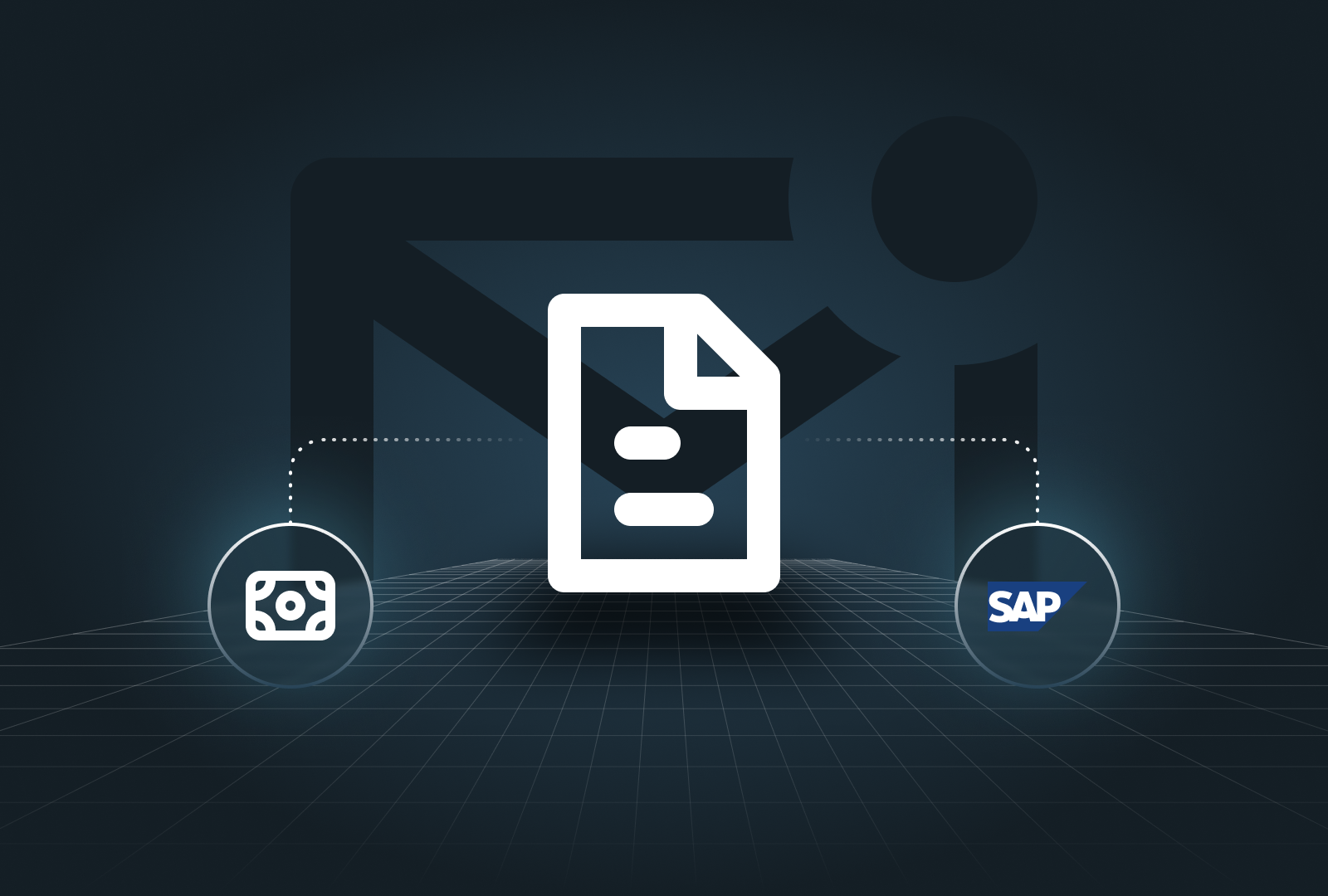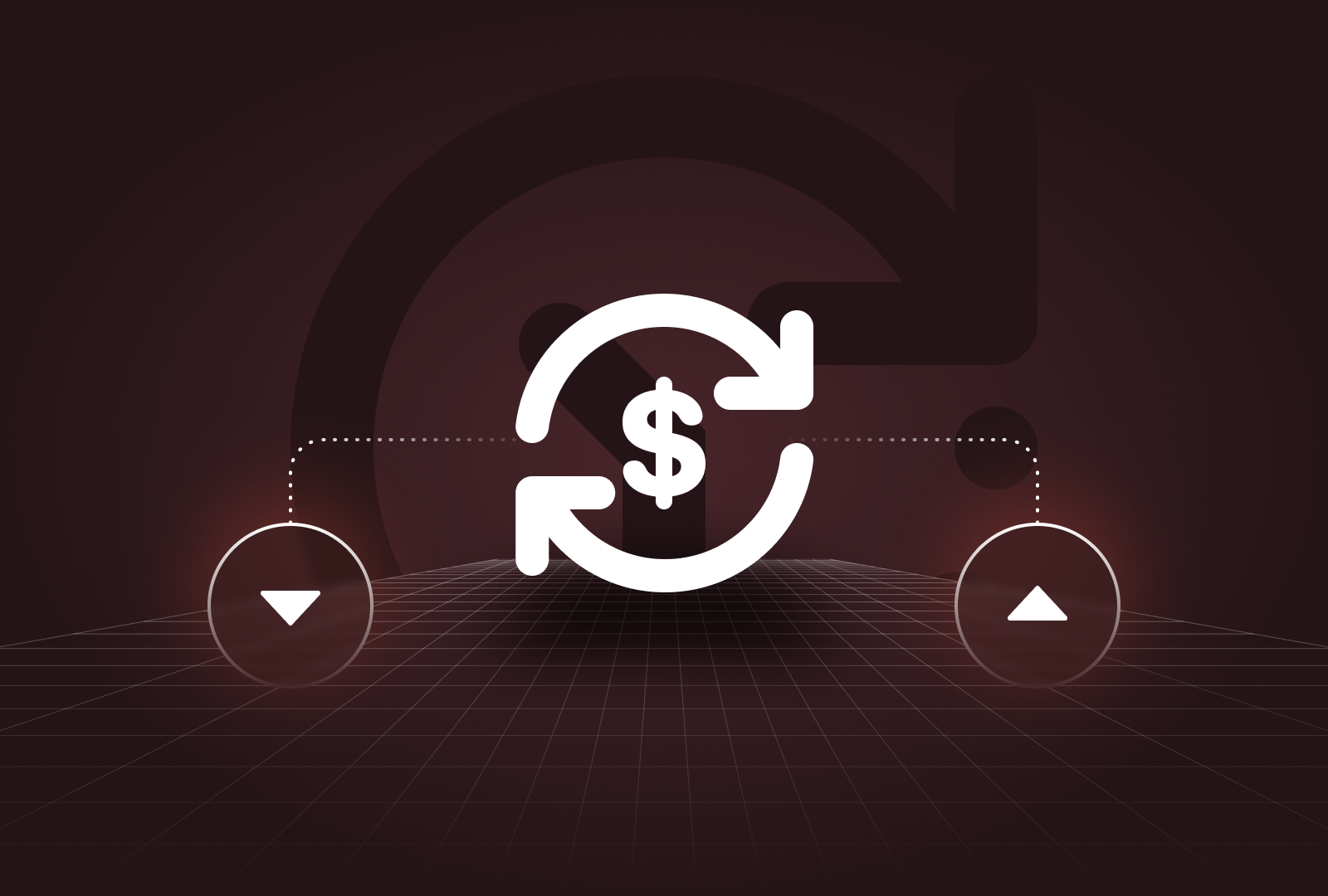Procurement compliance is essential for businesses aiming to optimize operations, minimize risks, and uphold ethical practices. With advancements in AI and automation, organizations can boost procurement efficiency while ensuring compliance.
According to the KPMG 2023 US Tech Survey¹, 56% of US respondents reported that the returns from digital transformation investments exceeded expectations, highlighting the importance of adopting innovative technologies to enhance business performance and maintain compliance standards.
What you need to know about procurement compliance
Procurement compliance ensures that organizations adhere to the laws, regulations, and internal policies governing their purchasing processes. In today’s competitive business arena, maintaining compliance is not just about avoiding penalties; it’s about creating transparent, efficient, and sustainable procurement operations.
Defining procurement compliance and its importance
Procurement compliance refers to the adherence to legal, regulatory, and organizational guidelines throughout the procurement process. This includes sourcing, purchasing, supplier selection, and contract management.
Effective procurement compliance helps businesses minimize risks, maintain supplier relationships, and ensure that their purchases align with ethical and sustainability goals. With AI and automation, businesses can manage compliance more effectively, ensuring that all procurement activities follow the required standards.
Fundamental components of an effective compliance program
A robust procurement compliance program is built on several key elements. These include clear procurement policies, regular compliance audits, and ongoing monitoring of suppliers and contracts. AI-driven systems can automate many of these processes, ensuring that compliance is always tracked and any deviations are identified in real time. Automation enhances the scalability of compliance efforts, reducing the risk of human error and ensuring adherence across the organization.
Distinguishing procurement compliance from general compliance
While general compliance focuses on a broad spectrum of business operations—ranging from financial reporting to employee rights—procurement compliance specifically deals with the sourcing and purchasing aspects of a business.
This distinction is important because procurement processes often involve third-party suppliers, and maintaining compliance in this area requires constant monitoring of supplier performance, contracts, and legal regulations. AI and automation tools enable businesses to streamline these efforts, ensuring that procurement-specific compliance is upheld at all times.
Common compliance hurdles in procurement
Procurement compliance often faces hurdles such as delayed supplier responses, inconsistent contract management, and difficulty keeping up with changing regulations. Additionally, manual processes can introduce errors and inefficiencies that hinder compliance.
Automation can help overcome these challenges by providing real-time monitoring, predictive analytics, and seamless integration with existing systems to ensure compliance is maintained consistently and accurately.
Advantages of upholding procurement compliance
Upholding procurement compliance brings substantial benefits to organizations. By leveraging automation and AI, businesses can enhance efficiency, reduce risks, and build stronger, more transparent supplier relationships.
Reducing legal liabilities and financial exposure
By ensuring procurement compliance, businesses mitigate legal risks and avoid financial penalties. AI-powered tools can analyze vast amounts of procurement data to identify non-compliant practices before they become costly issues.
Automation streamlines processes such as contract management and invoice approvals, ensuring compliance with regulations and reducing the likelihood of legal exposure. Predictive analytics further enhance decision-making, allowing businesses to anticipate risks and take preventive actions.
Fostering trust and collaboration with suppliers
Compliance is key to establishing trust and fostering long-term partnerships with suppliers. By automating compliance checks and monitoring supplier performance, businesses can ensure that suppliers meet the necessary regulatory and ethical standards. This transparency not only reduces the risk of disputes but also strengthens relationships, creating opportunities for collaboration and mutual growth.
Streamlining operations through compliance efforts
Automating compliance processes helps streamline procurement operations, reducing administrative overhead and improving overall efficiency. Automation minimizes the need for manual tracking and reporting, freeing up valuable resources for more strategic tasks.
AI solutions can provide real-time insights into procurement activities, helping businesses monitor compliance continuously and make adjustments as needed to maintain efficiency.
Promoting ethical and sustainable procurement practices
With increasing demand for ethical and sustainable sourcing, compliance initiatives help businesses align their procurement practices with Environmental, Social, and Governance (ESG) goals. AI solutions can monitor supplier performance, ensuring that procurement decisions are made based on ethical standards. Automation ensures that these compliance efforts are consistent and transparent, demonstrating a company’s commitment to sustainability and corporate social responsibility.
Effective strategies for procurement compliance
Implementing effective strategies for procurement compliance is essential for organizations to stay ahead of risks and ensure smooth procurement operations. AI and automation can significantly enhance the effectiveness of these strategies.
The role of regular compliance audits
Regular compliance audits are essential for identifying gaps and ensuring adherence to procurement policies and regulations. AI-powered auditing modules automate the auditing process, continuously monitoring procurement data for compliance violations. Unlike manual audits, which are often time-consuming and prone to human error, AI-driven audits provide real-time insights, helping businesses take immediate action to correct issues and stay compliant.
Crafting comprehensive procurement policies
Clear and enforceable procurement policies are foundational to maintaining compliance. AI solutions can assist in developing and updating policies that reflect current legal requirements and best practices. Automation tools ensure that these policies are consistently followed throughout the procurement process, reducing the risk of non-compliance. AI can also identify any gaps in existing policies and recommend improvements based on evolving regulations and industry trends.
Leveraging technology for compliance management
Technology plays a crucial role in modern procurement compliance. AI and automation solutions allow businesses to monitor procurement activities in real time, ensuring that all processes are compliant with legal and internal standards. These tools automate tasks such as contract review, supplier evaluation, and invoice processing, reducing the likelihood of errors and improving overall compliance. Additionally, AI tools can generate automated compliance reports, offering a transparent record of all procurement activities.
Utilizing Payflows for enhanced compliance monitoring
Payflows offers a powerful AI-driven platform designed to optimize procurement compliance. With its seamless integration into financial systems, Payflows provides real-time monitoring of procurement activities, ensuring that all transactions and supplier relationships are compliant with internal and external regulations.
Payflows’ automation features allow businesses to automate compliance tracking, streamline reporting, and identify potential risks before they arise. This enhances procurement integrity, minimizes compliance violations, and improves overall operational efficiency.
Looking ahead: the future of procurement compliance
As businesses increasingly turn to technology to manage procurement compliance, AI and automation are transforming how organizations approach compliance management.
The impact of AI and automation on compliance practices
AI and automation are reshaping procurement compliance by enhancing the accuracy and efficiency of compliance management. AI-driven tools can analyze large sets of procurement data, identify potential risks, and provide predictive insights that help businesses make proactive decisions.
Automation reduces the need for manual intervention in repetitive tasks such as contract management and reporting, minimizing human error and improving overall compliance. By leveraging these technologies, businesses can stay ahead of regulatory changes and streamline their compliance efforts.
Advantages of real-time compliance reporting
Real-time compliance reporting offers significant advantages for procurement compliance. With access to live data, businesses can quickly identify and address compliance issues, ensuring that their procurement strategies remain aligned with regulations. Real-time reporting also enables businesses to stay ahead of changing regulations, adjust procurement processes as needed, and maintain transparency across the entire procurement lifecycle. AI tools provide businesses with predictive insights, helping them anticipate and resolve compliance risks before they escalate.
Conclusion
In conclusion, procurement compliance is critical for businesses seeking efficiency, risk mitigation, and ethical standards. Leveraging AI and automation, such as platforms like Payflows, can help streamline compliance management, ensuring real-time monitoring and reducing human error.
As businesses continue to invest in digital transformation, maintaining compliance becomes easier and more effective, driving long-term success while upholding transparency and operational integrity.
Source:






.png)





.png)



